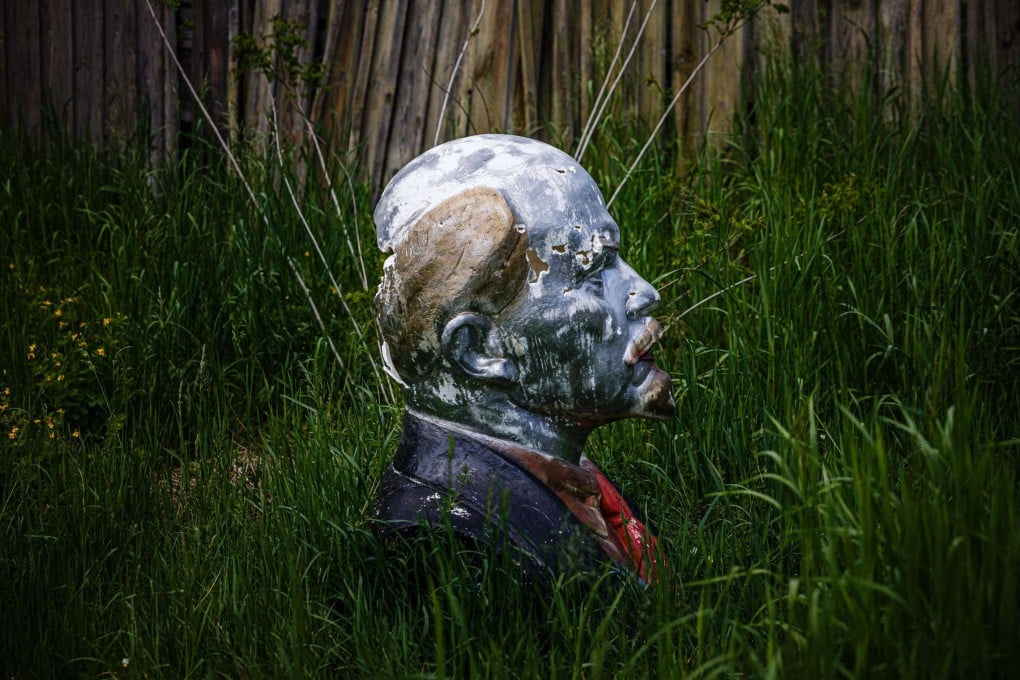Opinion | No one, China included, wants to see the Ukraine war going nuclear
- The longer the war ploughs on, the higher the chance of it turning into a nuclear crisis. To reduce the threat, China must put to good use its access to Russian leader Vladimir Putin and help broker a ceasefire

Major participants in the Russia-Ukraine war, whether involved directly or by proxy, lack agreement about when and how it must end. These varying perspectives result in an unseemly policy scrum, adding more confusion to this humanitarian tragedy. This obscene war, despite the many ways it presses hard on our conscience, is developing a second dimension of amoral abstraction.
Still, by moralising, the Russia-Ukraine war offers the narrow absolutism that obviates the need for reason. At this time of great danger – with Covid-19 variants still swirling around – no avenue to a ceasefire should be left unexplored.
A persistent process of entrepreneurial diplomacy is needed. War is not a game; it is deadly. Anger and hatred fuel the feral absolutism of wartime. The longer this war goes on, the greater the risk of an apocalypse.
While Ukraine itself reportedly has no nuclear weapons – Mikhail Gorbachev having arranged their transfer to Russian custody in the aftermath of the collapse of the Soviet empire – its primary patron has plenty in reserve, of course.
